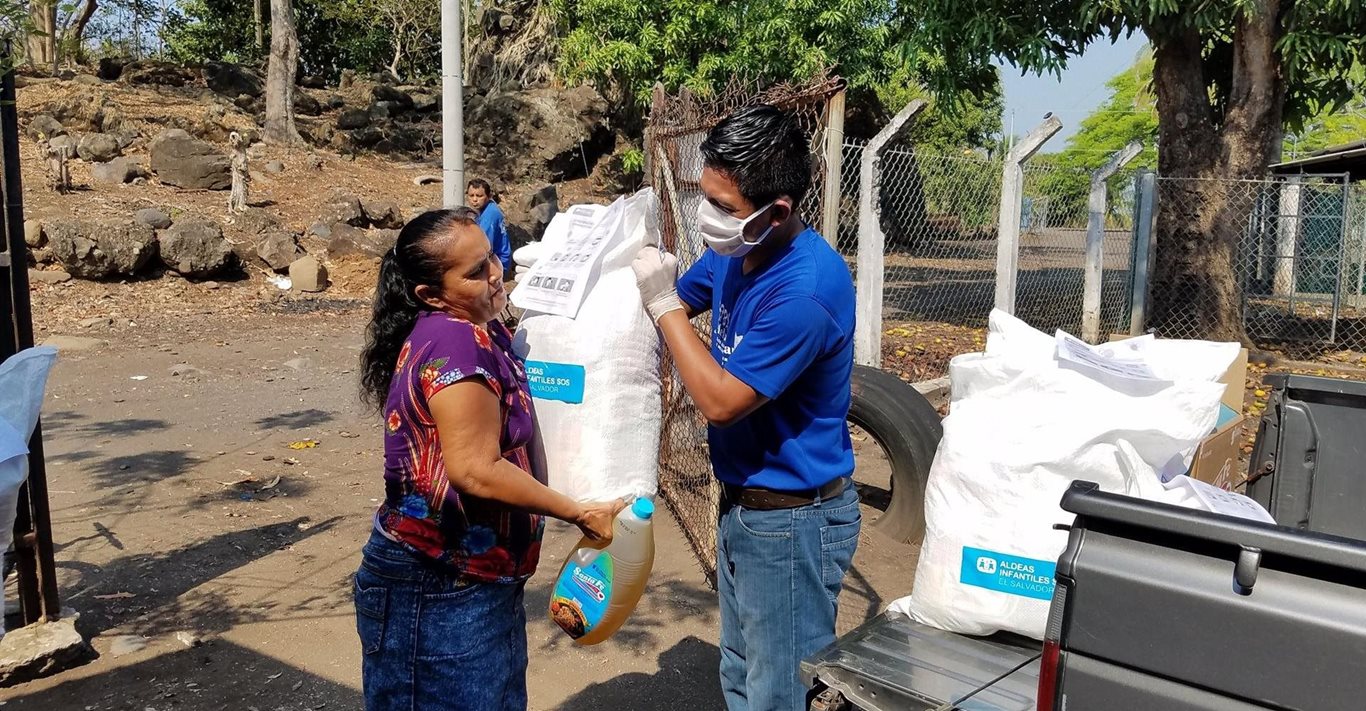Many of the children and families we support are particularly vulnerable to coronavirus and its economic impact. Our counsellors, social workers, healthcare workers and teachers are working to prevent the spread of the virus, protect the world’s most vulnerable children, and support families left in poverty. The kids are helping too!
Preventing children from growing up alone
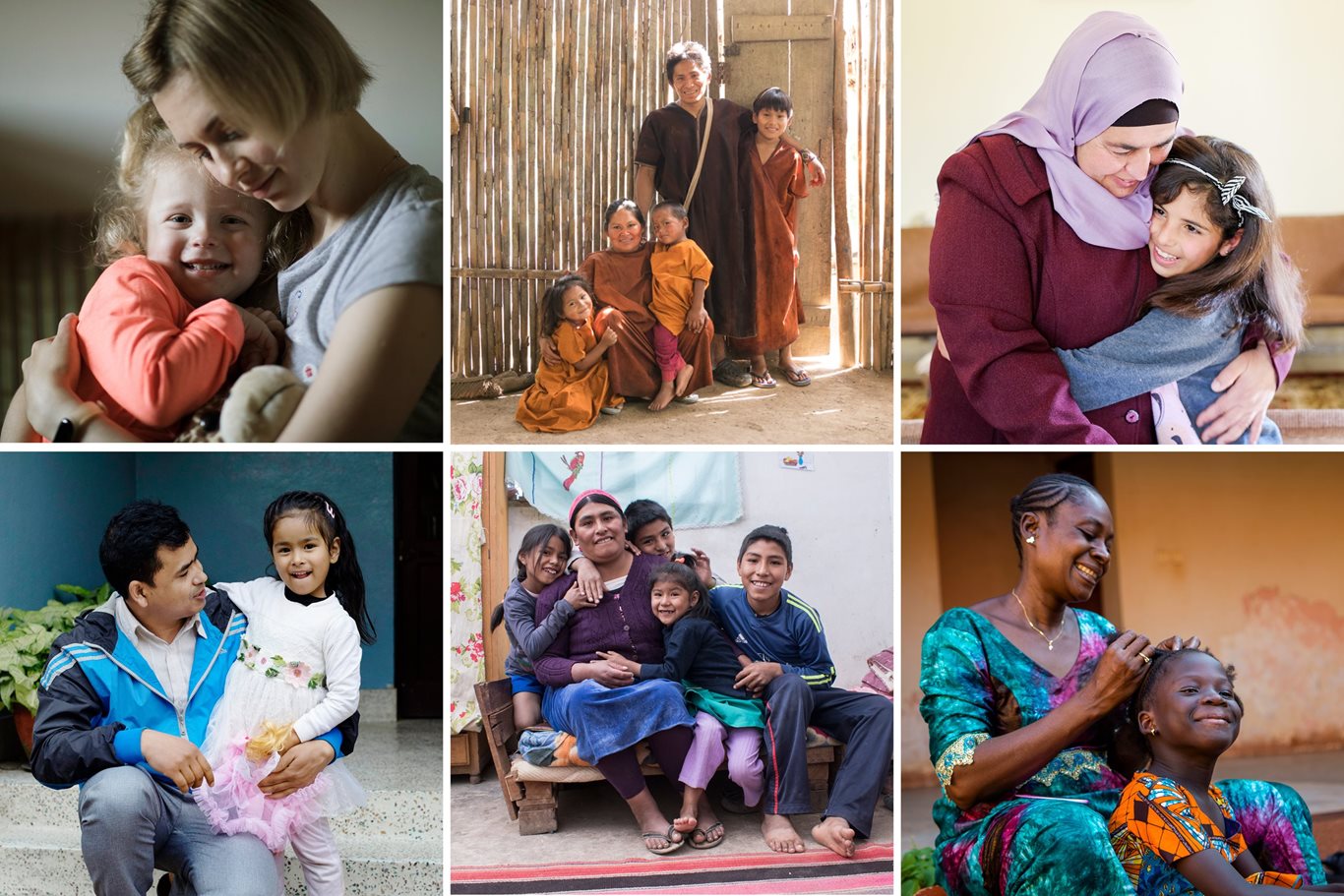
SOS Parents around the globe are preparing to offer loving homes to an as-yet unknown number of children who will be left orphaned and alone by this unprecedented outbreak.
Dr. Deqa Dimbil, a doctor at the SOS Mother and Child clinic in Mogadishu, Somalia, told us. “What really worries me are the side effects of the crisis, the hunger that the economic crisis might trigger. The prices will become astronomical, and an already poor population will no longer be able to provide for itself,” she says. “The spread of the virus could result in more family separations, and we need to be prepared for the fact that children will lose parents.”
Feeding the nation
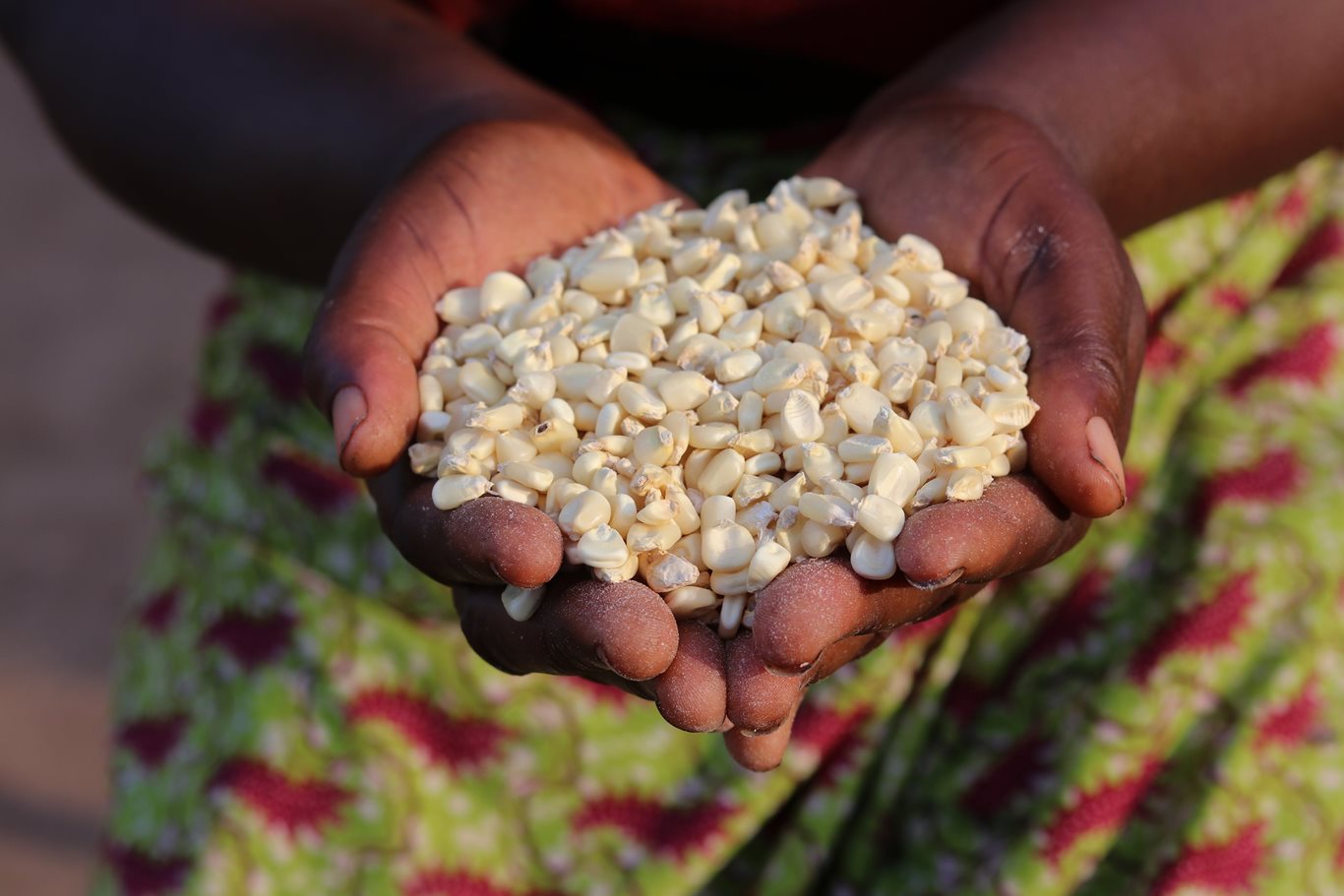
SOS Macedonia is distributing food and essential supplies to parents who have lost their jobs or can’t feed themselves and their children because of the outbreak.
Father of three Ismail is one of the parents who have benefitted from our support. He told us, “The situation is very bad. We need more food and supplies. I normally work manual jobs like construction, wood cutting, and loading and am paid daily, but I cannot work because no one is hiring now. We are trying to make the food last. My children are scared. We try to talk to them and find them things to do around the house, but our home is very small and there is only so much you can do. The days seem so long now. I’m scared to think how long this will last.”
Getting the word out
We have been spreading the word about coronavirus in vulnerable communities across the globe – doing whatever we can to debunk coronavirus myths and show people how to protect themselves and their families. Children from our village communities – from Europe to Vietnam – have been coming up with inventive ideas to show other children how to stay safe too. After all, who better to explain to a child how to protect themselves and their parents than another child?
Children in Vietnam have created this must-see dance video to teach children about handwashing.
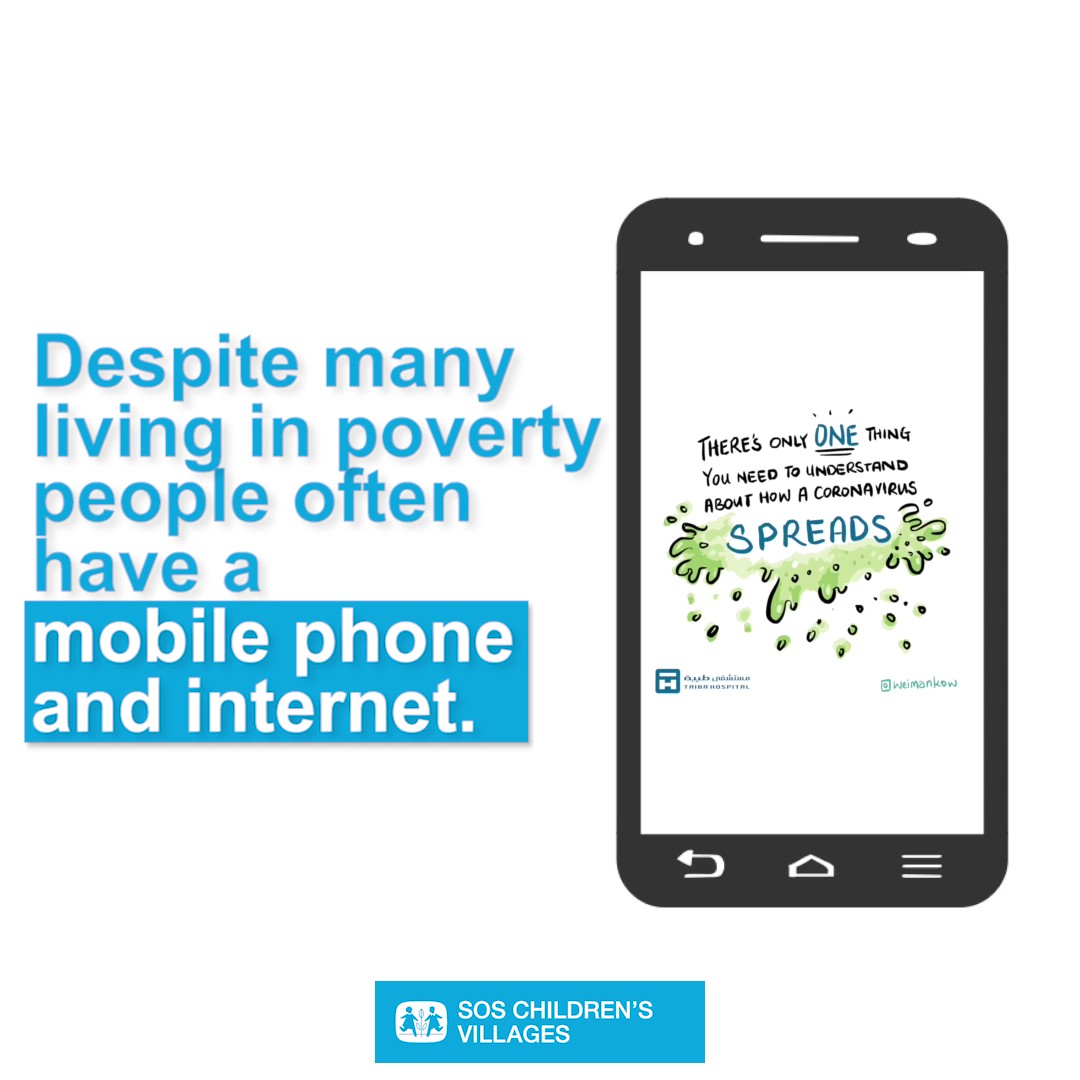
The SOS team in Ghana have been sending text messages to people in the poorest communities with vital information on the coronavirus they can share with their neighbours.
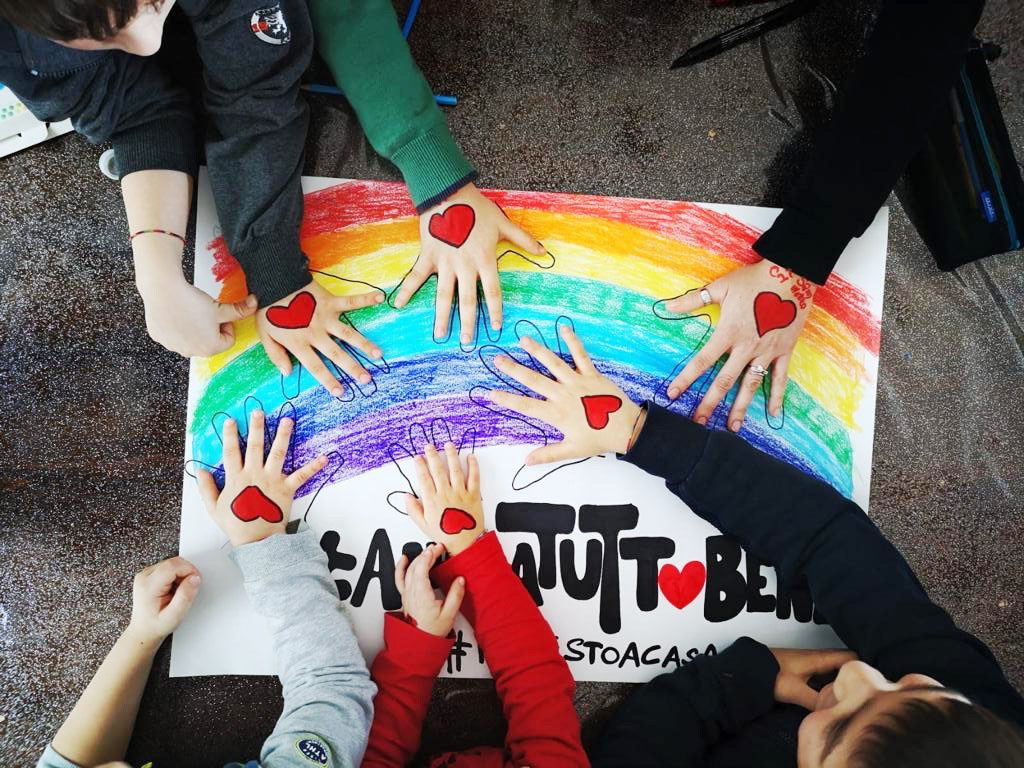
In Italy, children have been making rainbow posters with the message #andratuttobene – everything will be okay – to keep peoples spirits up.
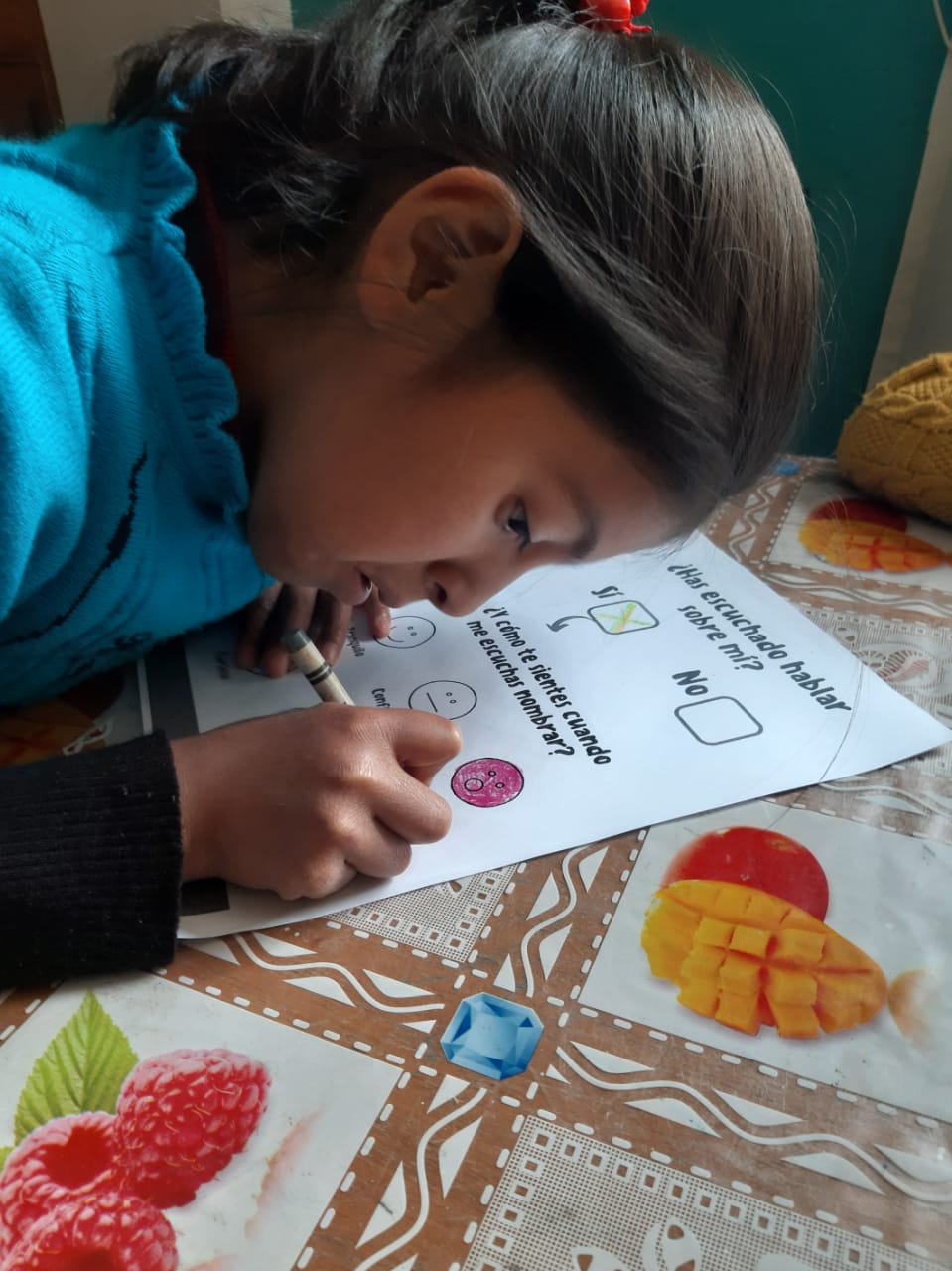
SOS teams in Morocco, Peru, Somalia, Haiti and a host of other countries have been running coronavirus awareness programmes to educate children and communities. In Peru, SOS social worker Juliaca has been giving children exercises to help them understand coronavirus and express their feelings about the changes it’s brought to their lives.
Helping children access education
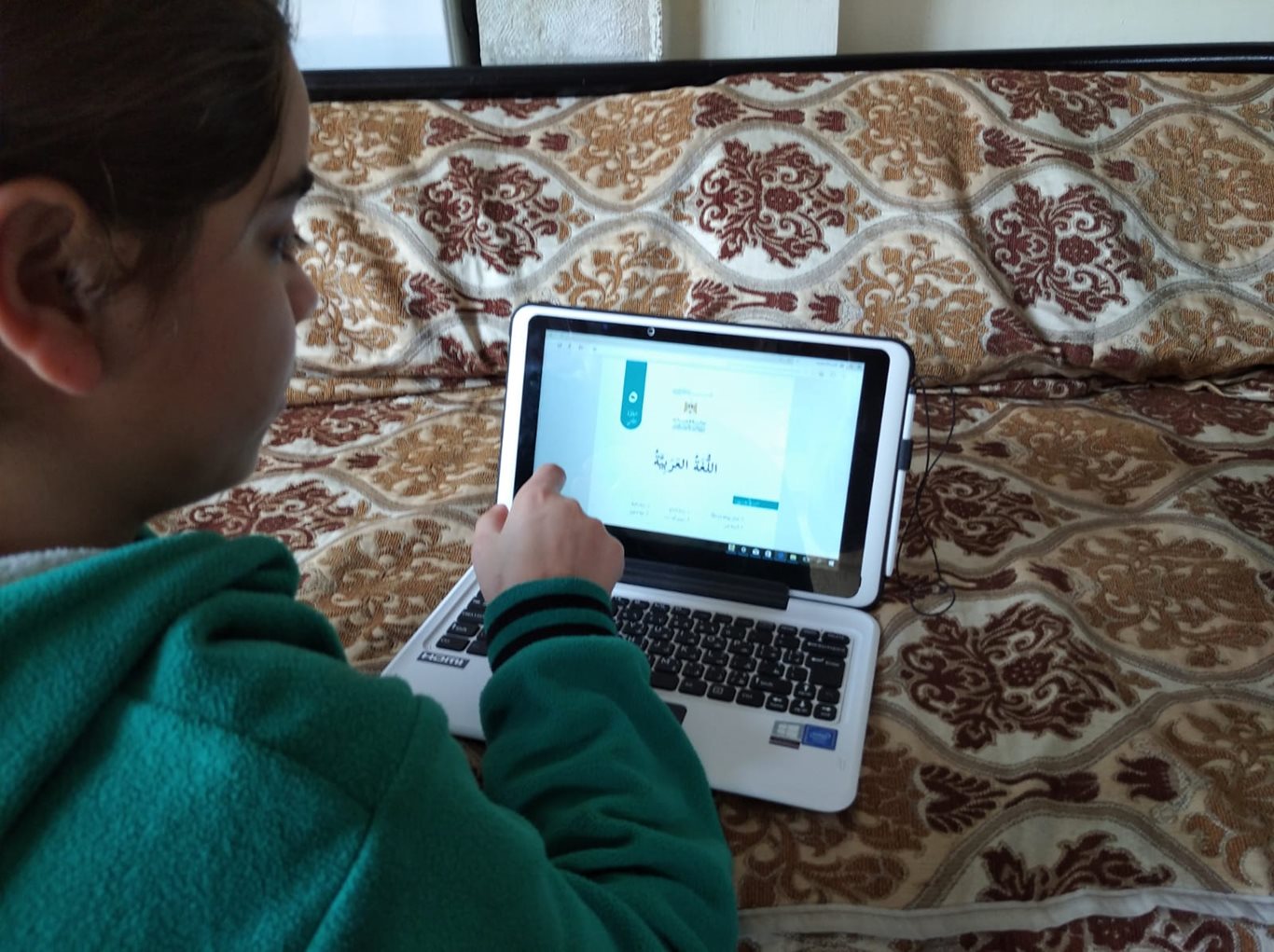
Children from our village communities in Bethlehem, Palestine can continue their studies from home now they’ve got computers and internet access! Schools in Bethlehem have been closed for more than a month. This is just one of the ways we’re helping children worldwide get a virtual education during the crisis.
Helping children and parents cope
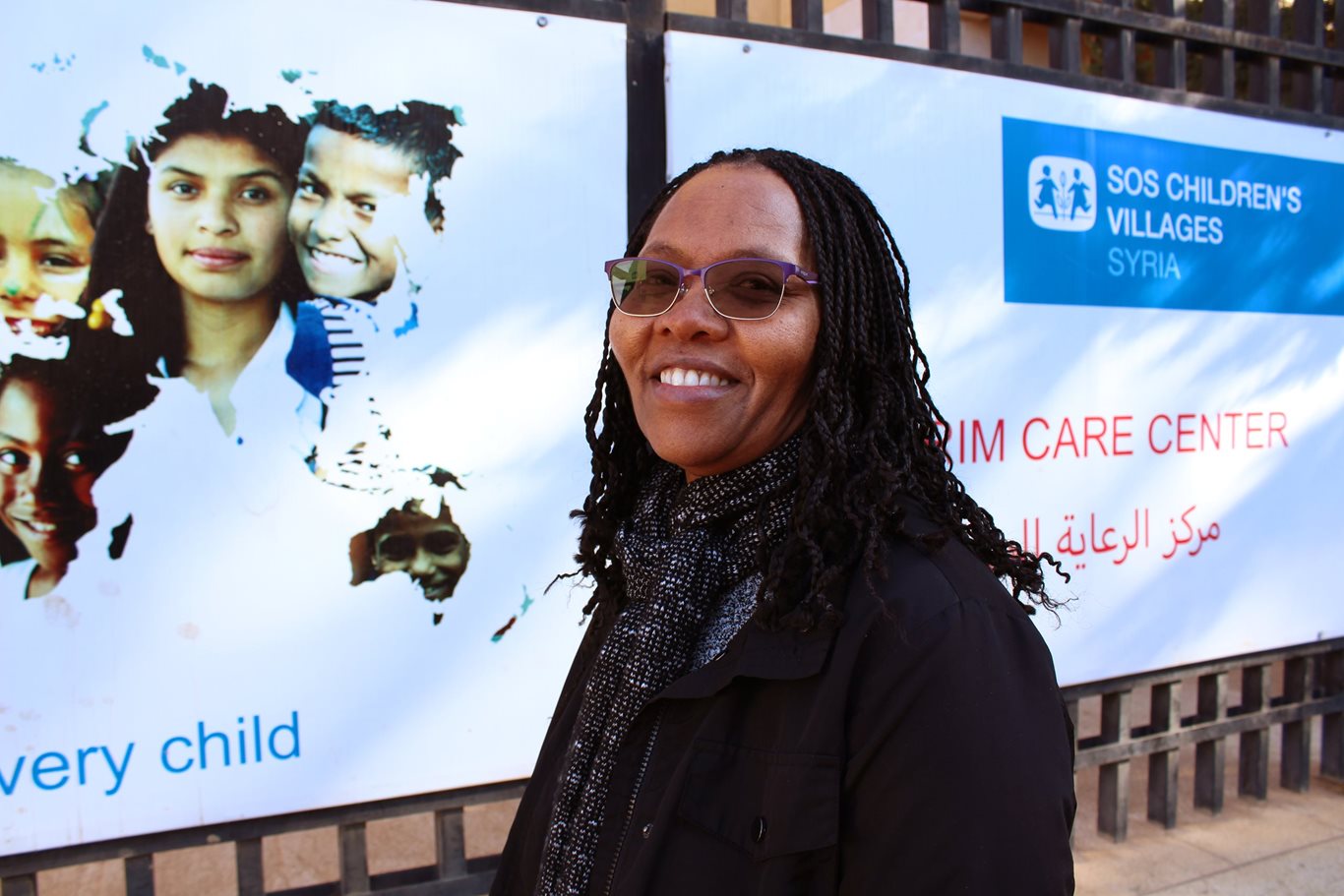
SOS child psychologist Teresa Ngigi has been advising anxious SOS parents worldwide on how they can help their children cope during the pandemic. Many of the children we care for were already vulnerable or traumatised and being trapped at home and unable to go to school has hit them hard.
“Emotions can be more contagious than the coronavirus,” Teresa tells parents. “Happy and centred parents make for happy children. Take care of yourself, look after your own well-being, and your children will be fine too.”
Read more about helping parents cope in a pandemic.
It is the poorest communities in the world who will ultimately suffer the most from the pandemic. Poverty will force many to breach lockdown simply to survive, spreading the virus further, and countries without good healthcare and infrastructure won’t be able to cope. In the DRC – where the healthcare system was already struggling with deadly measles and cholera epidemics that have killed thousands of children over the past year – the fear is coronavirus will leave millions of children with measles, malaria and polio untreated. In South Africa, seven million people whose immune systems are weakened by HIV are in grave danger from the virus. And in India, millions of low paid workers have been left without food by the lockdown.
This is just the beginning. Poverty, a lack of clean water and decent toilets, and poor healthcare systems could leave a staggering number of children around the world without the care they need.
Make a donation today and help us be there for the world’s most vulnerable children and parents.
